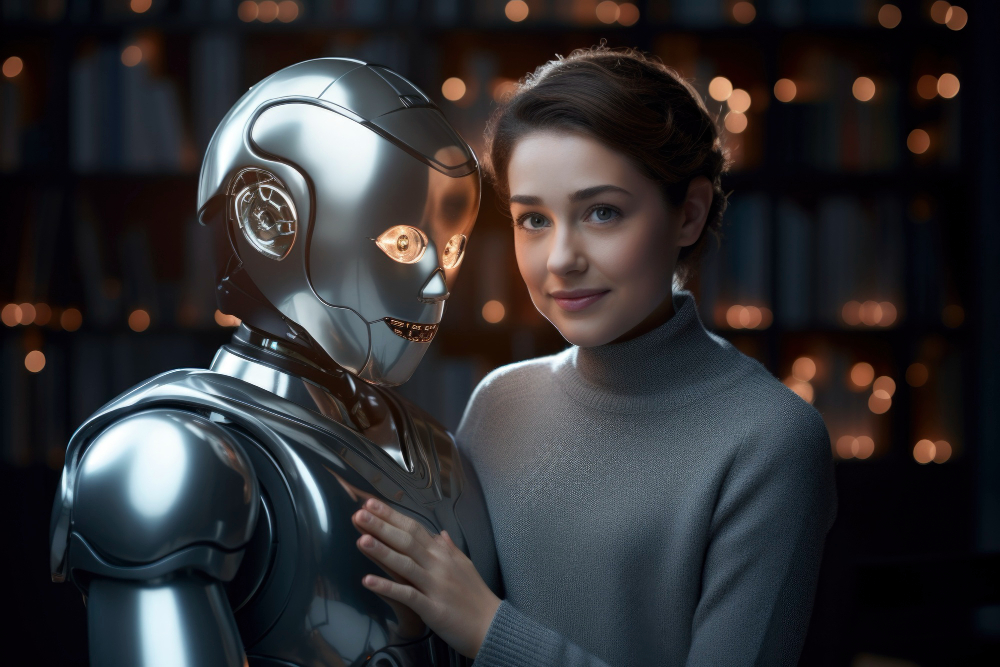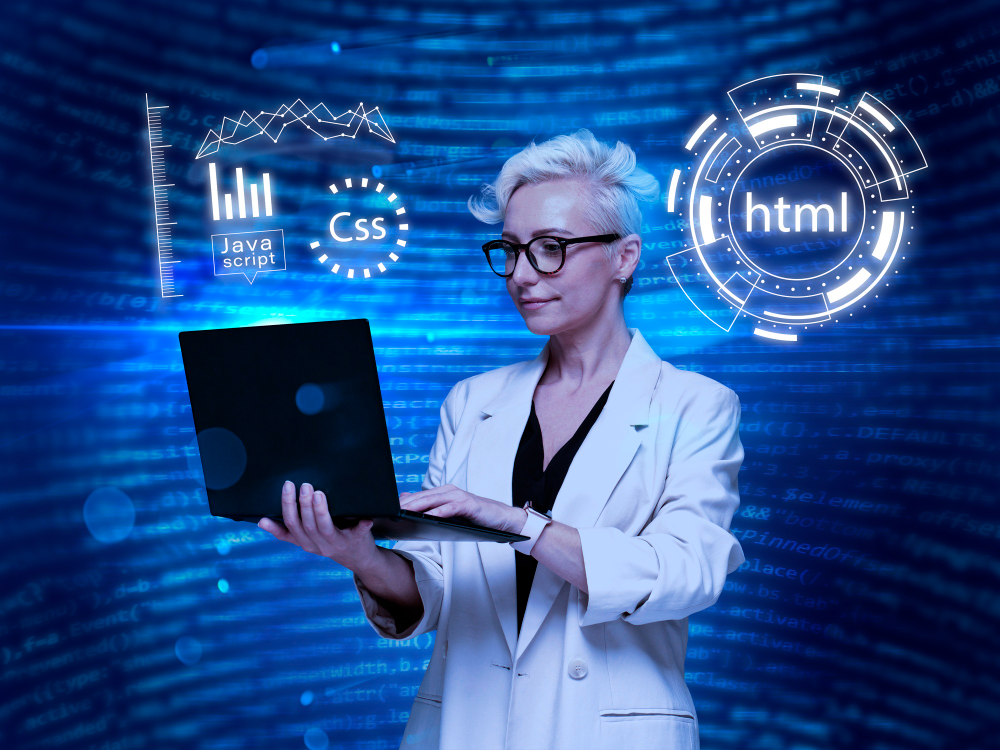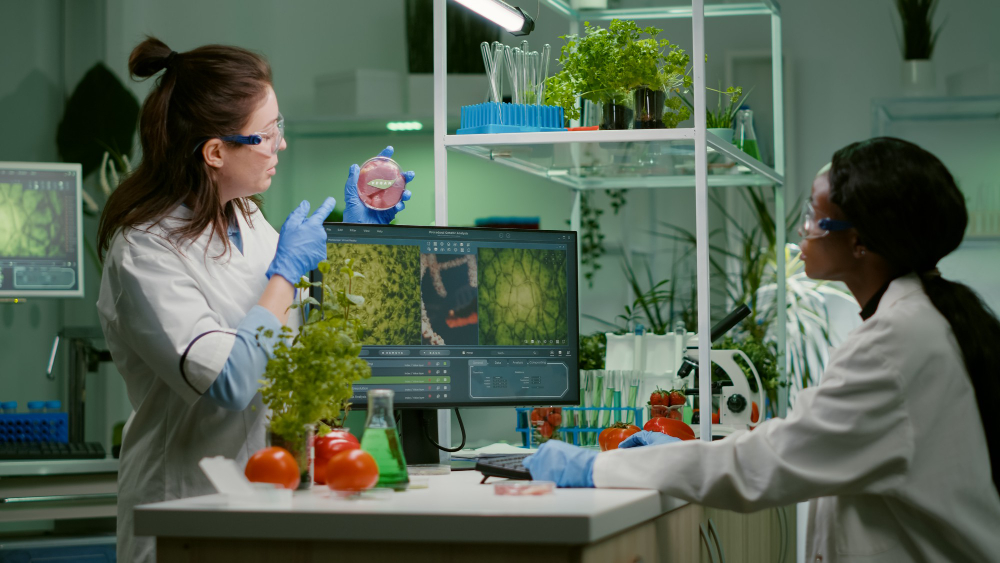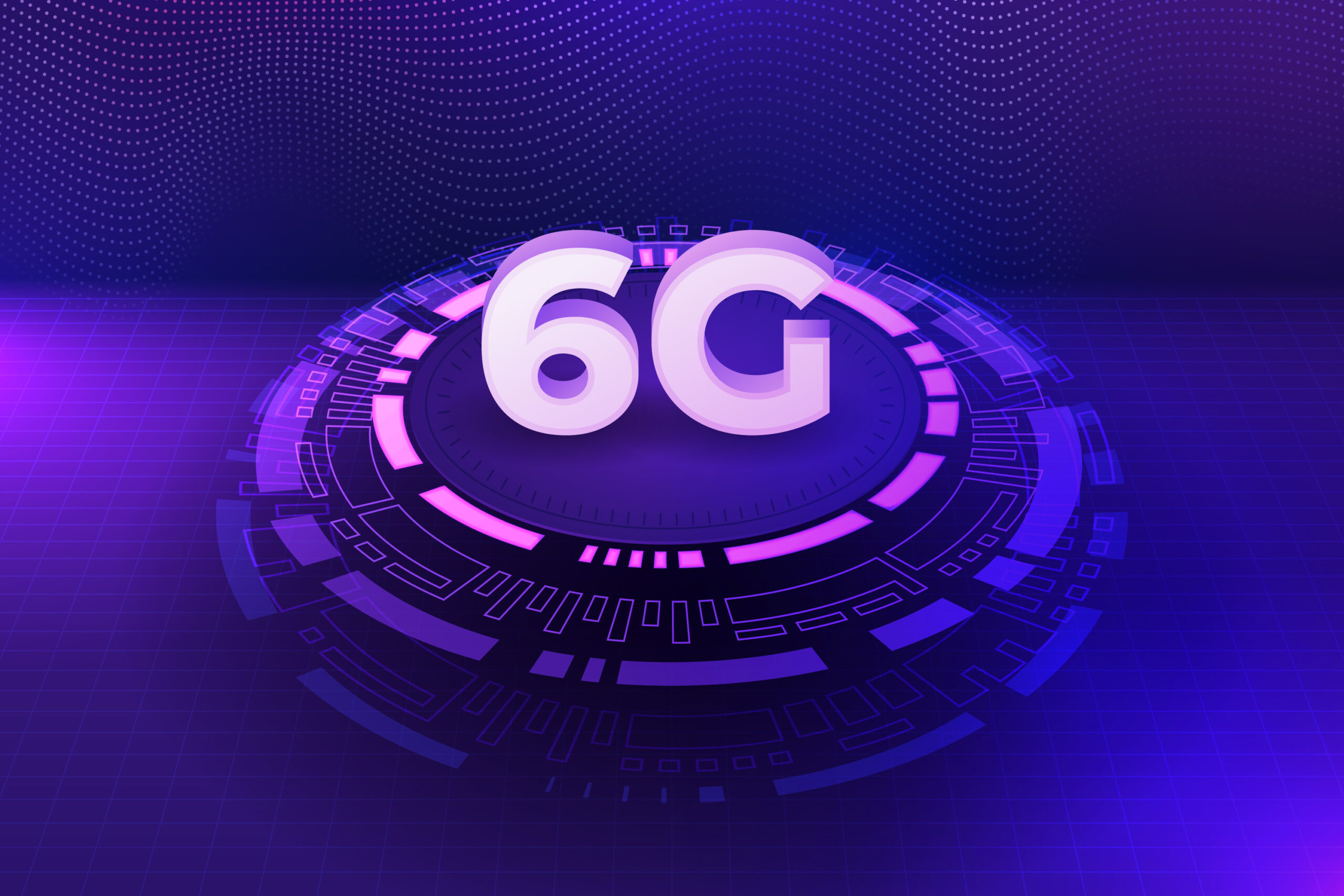When you think of artificial intelligence (AI), you might picture robots taking over the world, or a futuristic sci-fi scenario where machines make all the decisions. While that makes for a great movie plot, the reality of AI today is far more practical—and even more exciting. AI is already playing a major role in shaping the world we live in, and it’s only going to become more influential as technology advances.
From enhancing our daily lives to transforming industries, AI is driving change in ways we could never have imagined just a decade ago. But what exactly is AI, and how is it shaping tomorrow’s world? Let’s take a closer look at the key ways AI is impacting the future.
What is Artificial Intelligence, Really?
At its core, artificial intelligence refers to machines or software that are designed to think, learn, and solve problems in ways that mimic human intelligence. This can range from simple tasks, like recognizing your voice when you ask Siri for the weather, to complex decisions, like analyzing medical data to diagnose diseases or making real-time predictions for stock markets.
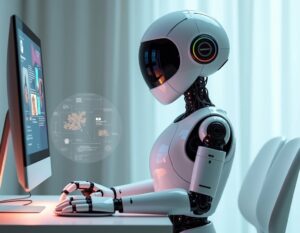
AI is built on algorithms—sets of rules that help machines process data and make decisions based on patterns they recognize. Some types of AI can learn and adapt over time, which is known as machine learning. The more data the system has, the smarter it gets, much like how humans learn from experience.
1. AI in Healthcare: Revolutionizing Medicine
Healthcare is one of the most important fields where AI is making a significant impact. By 2025 and beyond, AI will play an even larger role in diagnosing diseases, personalizing treatment, and improving patient outcomes.
AI can already analyze medical images to detect diseases like cancer earlier than humans can. It can help doctors identify patterns in patient data and recommend treatment options tailored to an individual’s specific needs. For example, AI-powered systems can review thousands of genetic markers to identify which cancer treatments are most likely to work for a patient based on their genetic makeup.
Furthermore, AI is helping drug development by simulating how different compounds interact with the body, speeding up the process of finding new treatments and cures. Virtual healthcare assistants powered by AI are also assisting doctors by handling routine administrative tasks, allowing them to spend more time focusing on patient care.
2. AI in Business: Streamlining Operations and Driving Innovation
In business, AI is transforming everything from how companies interact with customers to how they manage their operations. One of the most significant ways AI is shaping the future is through automation. AI can handle repetitive tasks, like data entry, customer support, and even payroll, freeing up employees to focus on more creative and strategic work.
Take chatbots, for example. AI-powered chatbots can interact with customers 24/7, answer questions, and even resolve simple issues, all without needing human intervention. This not only improves customer service but also allows businesses to operate more efficiently.
In the world of marketing, AI helps businesses better understand their customers by analyzing vast amounts of data. AI tools can predict customer behavior, suggest products they might like, and even personalize marketing campaigns to each individual.
Additionally, AI is driving innovation in industries like finance and retail, where companies are using it to predict market trends, manage risks, and optimize supply chains.
3. AI in Transportation: Getting Us from Point A to Point B—Smarter and Safer
AI is already shaping the future of transportation in ways that could make our daily commutes safer, faster, and more efficient. Autonomous vehicles, or self-driving cars, are one of the most talked-about applications of AI in this space.
Companies like Tesla, Waymo, and others are using AI to develop cars that can drive themselves, using a combination of sensors, cameras, and machine learning algorithms to navigate traffic, avoid accidents, and reach their destination. While fully autonomous cars are still a few years away from becoming mainstream, AI is already being used to enhance safety features in traditional cars, like automatic braking, lane-keeping assist, and collision detection.
In addition to personal transportation, AI is improving logistics and public transportation. AI-powered traffic management systems can optimize traffic flow in real-time, reducing congestion and cutting down on travel time. Self-driving trucks are already being tested for freight delivery, potentially revolutionizing the shipping industry by lowering costs and reducing human error.
4. AI in Education: Personalized Learning for All
In the classroom, AI is transforming education by making learning more personalized, efficient, and accessible. AI-driven tools can analyze students’ learning styles and abilities, helping teachers tailor lessons to meet individual needs. For example, AI can provide extra practice on topics that students are struggling with or adapt lessons based on how well students are progressing.
For students with special needs, AI-powered devices can offer personalized support, such as speech recognition software for those with dyslexia or assistive technology for students with physical disabilities. The potential for AI to make education more inclusive is immense.
Moreover, AI is making education more accessible to people around the world. Online learning platforms powered by AI can offer customized courses and feedback to students, making quality education available to anyone with an internet connection. AI can even assess the skills of workers and recommend training programs to help them grow in their careers.
5. AI and Ethics: Ensuring Technology Works for Good
As AI continues to evolve, ethical considerations will become increasingly important. The more AI systems are integrated into our lives, the more we must ensure they are being used responsibly. Issues like bias, privacy, and accountability need to be addressed to ensure that AI benefits society as a whole.
For example, AI systems can sometimes reflect the biases of the data they are trained on. This could lead to unfair outcomes, such as discrimination in hiring or lending. It’s crucial that AI developers work to eliminate biases and ensure fairness in AI algorithms.
Moreover, with AI systems handling sensitive data, privacy concerns will only grow. Ensuring that AI systems are transparent and accountable will be critical to maintaining trust in the technology.
6. AI in Creativity: Changing the Way We Create Art and Entertainment
AI isn’t just transforming industries like healthcare and business—it’s also reshaping the creative world. In 2025 and beyond, AI will play a larger role in the creation of art, music, literature, and even movies.
AI algorithms are already capable of generating impressive pieces of art, composing music, and writing poetry. For instance, AI tools can generate realistic 3D models, design fashion, or even create new melodies that sound like they were composed by human musicians. This opens up new possibilities for artists, allowing them to experiment with AI as a creative tool.
In film and video games, AI is being used to create more realistic characters, generate complex storylines, and improve user experiences. This fusion of human creativity and AI will likely result in some fascinating new forms of entertainment and art in the near future.
Conclusion: AI’s Role in Shaping Tomorrow
Artificial intelligence is no longer a concept of the distant future; it’s already shaping the world around us, transforming industries, and improving our everyday lives. From healthcare and education to business, transportation, and entertainment, AI is creating opportunities that were once the stuff of science fiction.
As we move forward, it’s important to remember that AI, like any powerful technology, comes with its challenges. But with responsible development and ethical considerations, AI has the potential to unlock a future that’s smarter, more efficient, and more connected.
The journey of AI is just beginning, and the possibilities for tomorrow are endless.







